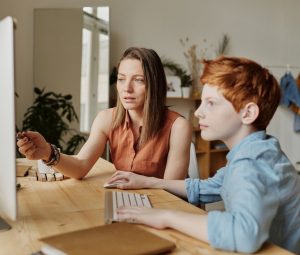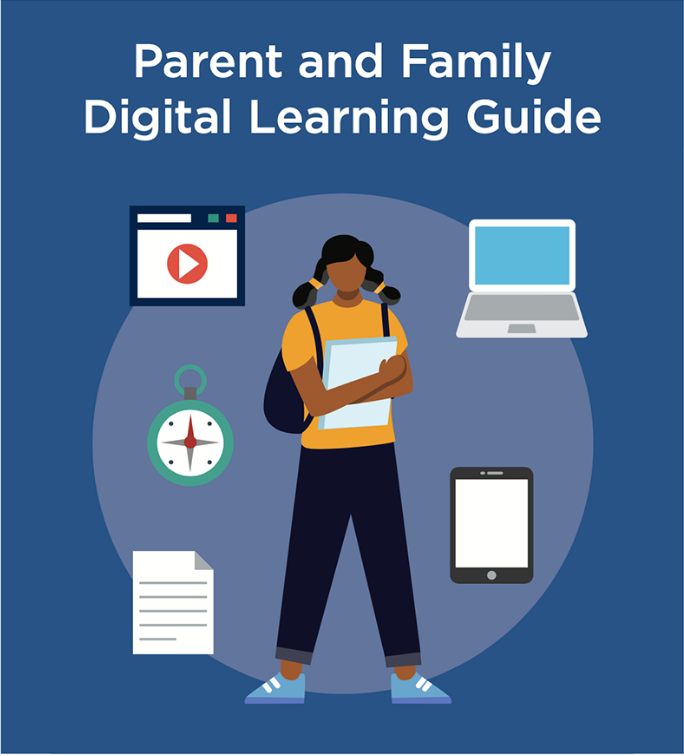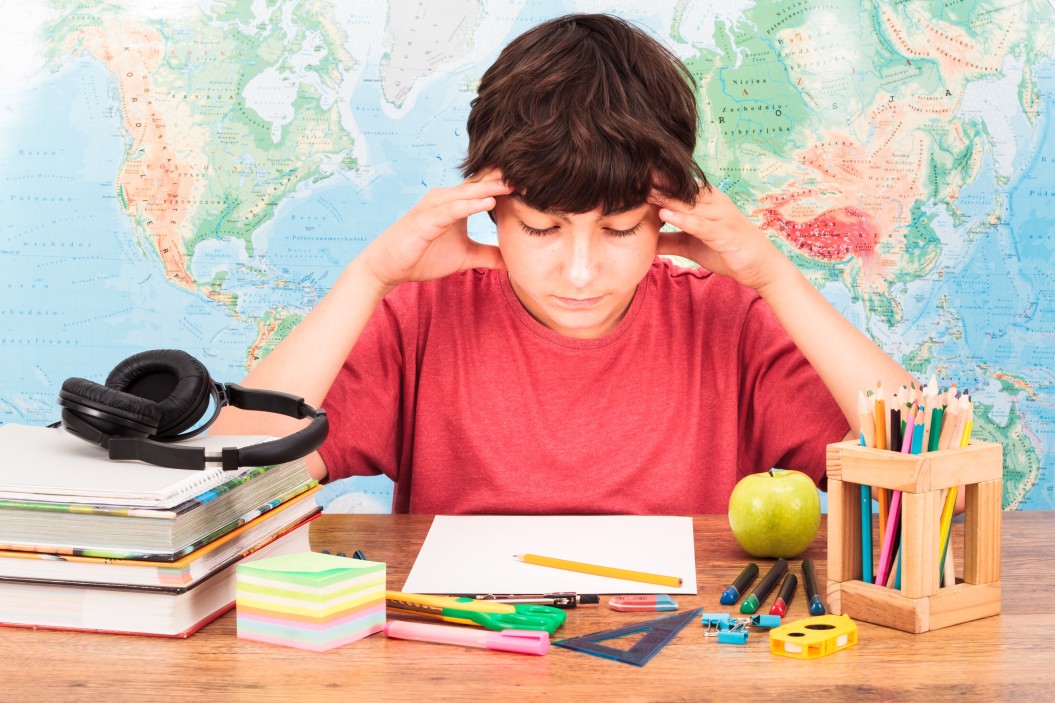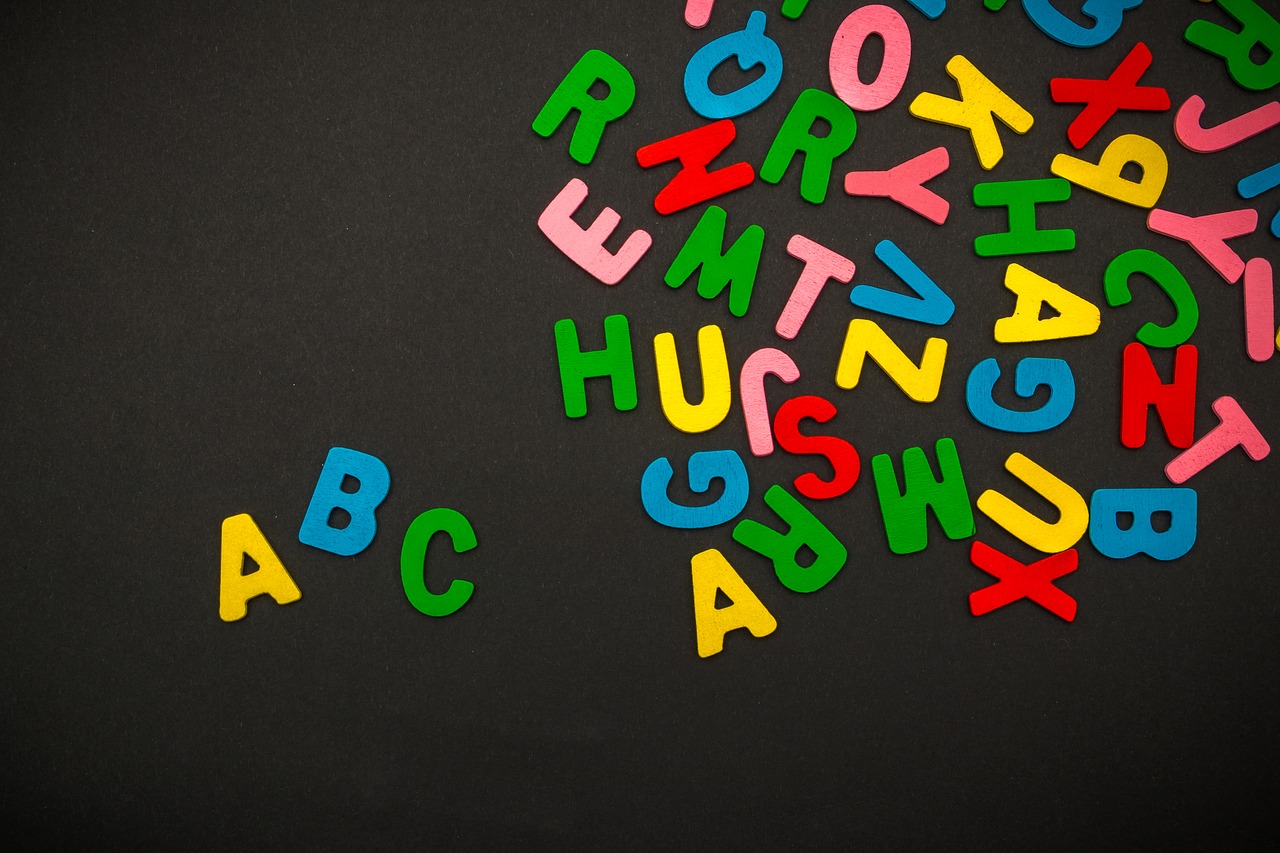What Lessons Does Special Education Hold for Improving Personalized Learning?
 Personalized learning has, in recent years, become one of the most talked-about trends in education. Fueled by donations from Silicon Valley philanthropists, the instructional approach has spread to classrooms around the country and more than 40 states are exploring it in some form.
Personalized learning has, in recent years, become one of the most talked-about trends in education. Fueled by donations from Silicon Valley philanthropists, the instructional approach has spread to classrooms around the country and more than 40 states are exploring it in some form.
As education leaders cast about for solutions to the performance gaps exacerbated by the coronavirus pandemic, some are hitting upon the idea that more personalized methods could help schools better serve students who’ve had wildly different experiences with education this year. In the process, they are finding inspiration in special education, which, since the 1975 passage of what’s now known as the federal Individuals with Disabilities Education Act, has promised students with disabilities special services and accommodations to help them learn at their full potential.
“Can you imagine the power of an individualized education plan for every student?” Richard Carranza, New York City’s education chancellor, said recently in discussing his agency’s plans for new tools to help students recover the learning they’ve lost during school closures. “Just think about identifying the explicit skills that students need to work on and the plan that we have to help them achieve a mastery of that explicit skill.”
But there are plenty of reasons to be cautious. If anything, special education demonstrates the vast challenges of individualizing education. Tailoring learning to students’ exact needs takes significant resources, teacher training and, ideally, close collaboration with families — something many schools struggle to pull off. While there are limits to comparisons between the two educational approaches — special education is legally mandated and personalized learning is a loosely defined pedagogical philosophy that takes many forms — some of the cracks that have appeared in personalized learning are not unlike those facing special education.
Meanwhile, for all the hype around personalized learning, evidence of its success remains scant.
At present, roughly 7 million students, or 14 percent of public schoolchildren, are enrolled in special education nationwide. As personalized learning advocates push forward with plans to roll out their approach to many more of the nation’s schoolchildren, it’s worth considering how lessons from 45 years of educating students with disabilities might help shape this latest educational experiment.
Chicago has embraced personalized learning in a big way. In early 2018, Chicago Public Schools and LEAP received $14 million in grants from the Chan Zuckerberg Initiative (CZI) to train teachers and principals on personalizing learning.
“We started this process five years ago and all I could think was: ‘Oh my god, this is going to be a nightmare!’ Because I thought this would mean that, on top of everything I was already doing, I’d be creating an IEP for every single student,” said Kathleen Bourret, a teacher at R.H. Lee Elementary, a Pre-K-8 school on Chicago’s southwest side. “I didn’t have the mindset to make this shift. I’ve been teaching for 30 years, and now you’re gonna make me do what?”
Bourret’s learning curve when it came to personalized learning is pretty typical for teachers, said Chris Liang-Vergara, who was then serving as LEAP’s chief of learning innovation. And it’s something the people at LEAP try to alleviate by bringing in past cohorts, like that day’s group, to mingle and continue sharing ideas and inspiration.
Excerpted from “What Lessons Does Special Education Hold for Improving Personalized Learning?” in KQED’s MindShift. Read the full article online.
Source: MindShift | What Lessons Does Special Education Hold for Improving Personalized Learning?, https://www.kqed.org/mindshift/57291/what-lessons-does-special-education-hold-for-improving-personalized-learning
CHC offers free community education sessions for educators. Join us to learn practical teaching strategies you can use in your classroom to help more kids reach their promise and potential. Educator sessions are led by experienced educator/clinician teams from Sand Hill School and CHC.





